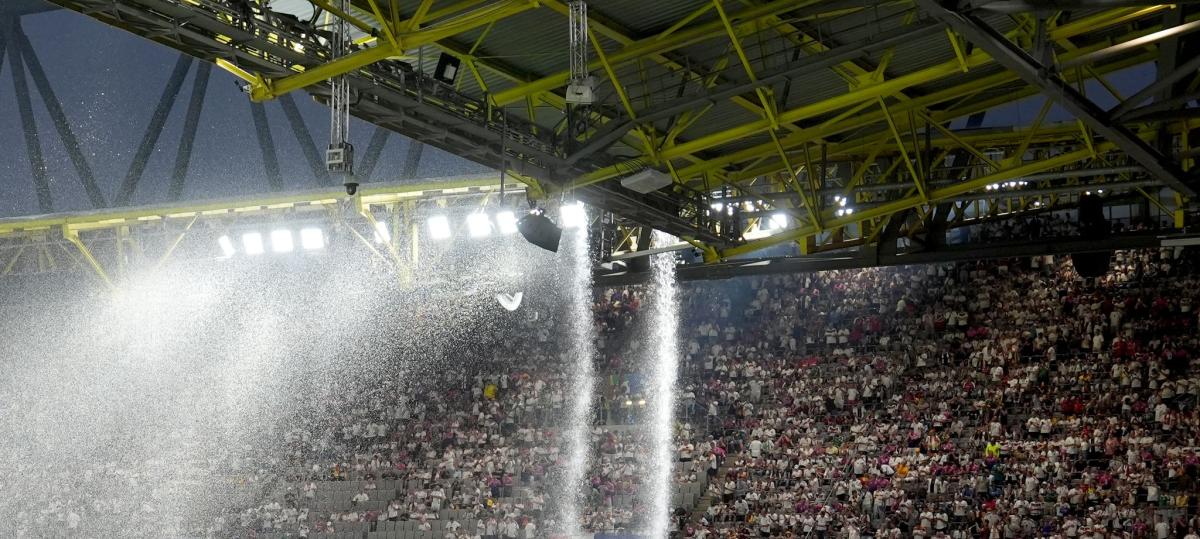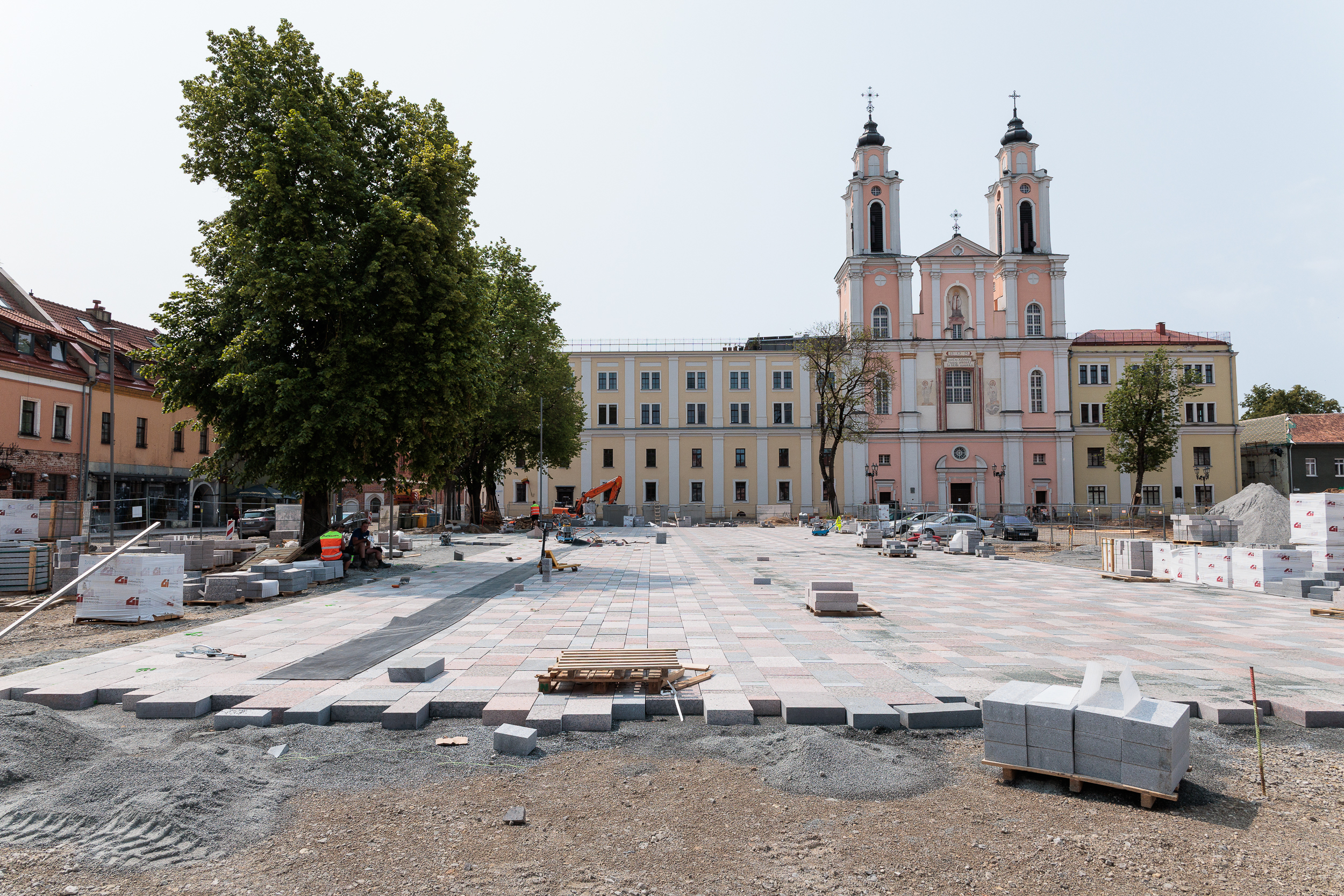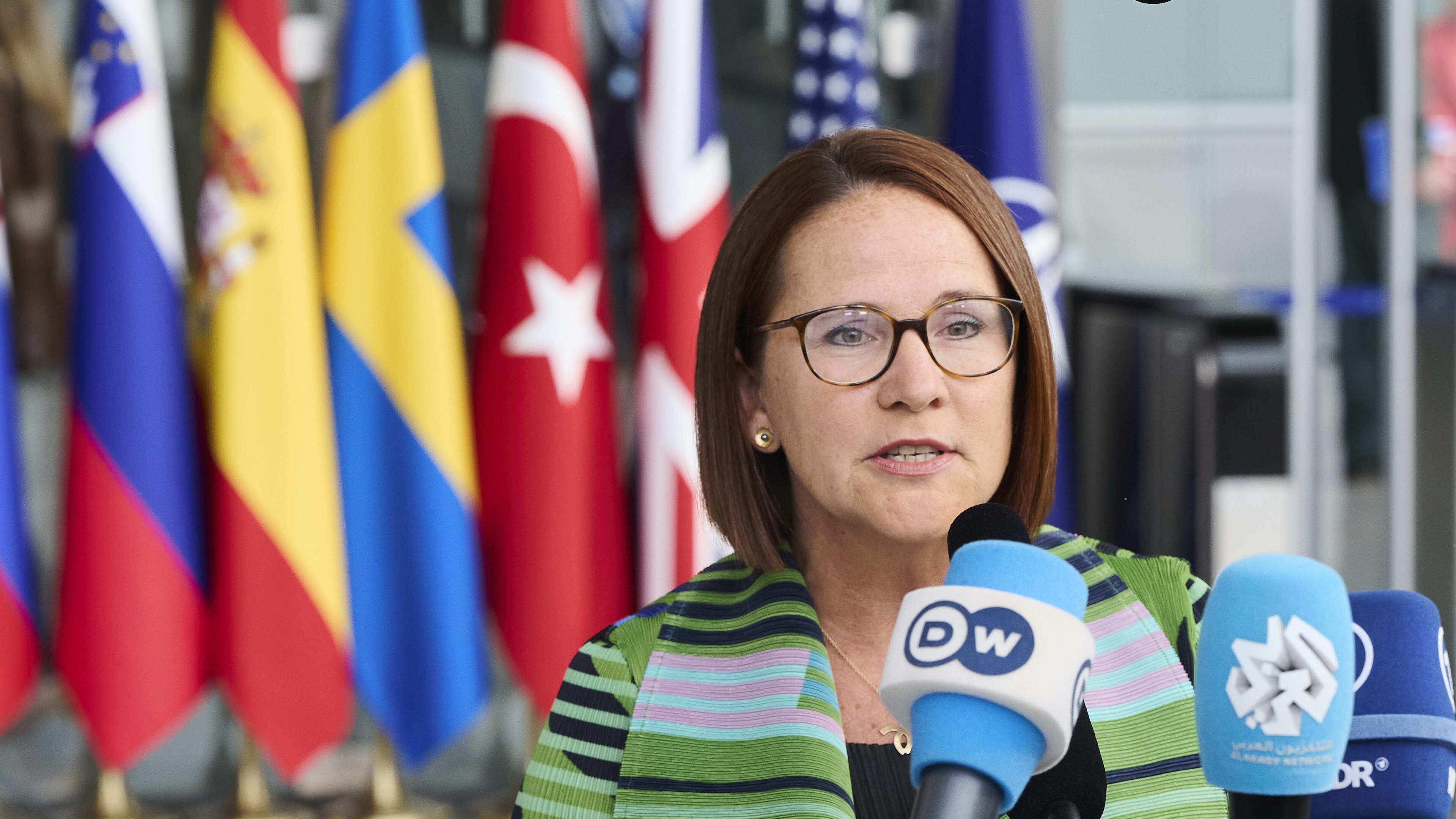Leaving the Pope who called corruption the devil droppings (commentary of the editor -in -chief)

I Pope Francis He represented his funeral, suggesting that by the last minute he refused luxury and privileges that rulers and politicians are so willing to appropriate. He approved a simplification of the funeral, will be buried outside the Vatican and will be placed in one simple wooden coffin instead of three coffins.
Empathy to the poorest, pushed on the margins of society and migrant is the authentic legacy of the Pope, which goes beyond the boundaries of religions. It is understandable to everyone, regardless of whether it is considered a liberal or a conservative.
When he visited Slovakia in 2021, he went among the Roma to the Luník IX housing estate and told them that he was his brothers and that he knew how often they are the target of « prejudice and ruthless courts ».
In his sermon in Prešov, he also rejected the political religion: abuse of the cross for political goals.
Although it did not mention specific politicians, it is clear today that even in Slovakia some « converted » and began to remember faith in their political marketing.
Another of his strong references, which addresses not only Catholics, is his resistance to corruption. « Yes, yes, not corrupt, » he said in 2013 during one of his morning meditations, explaining the difference between a sinner who is aware of his fall and seeking forgiveness, and a corrupt man who consciously harms the church and society.
He called the double life of corrupt « painted decomposition ». He later described corruption as gangrene people, ancient evil or « devils droppings ».
At a time when several governments say to their voters that corruption is less evil than their invented enemies, this legacy is extremely important.
His attitude concerned not only politics, but also the Church itself. In 2021, he issued a new documentary Motu Proprio, according to which top church leaders must declare that they are not prosecuted or investigated for terrorism, money laundering or tax evasion. At the same time, they must not own property in tax havens or invest in companies whose activities contradicts the learning of the Church.
The legacy of Pope Francis cannot be narrowed only to humility or rejection of opulent luxury of politicians or to combat poverty or corruption.
Also emphasized the responsibility of the Church in the fight against climate crisissupported the interior dialogue and approved the possibility of blessing of the same -sex couples than a step towards greater inclusion – although LGBTQ+ activists warned that the Church continues to reject marriage of these couples and confirm the lower status of their relationships.
Today, when Pope Francis is leaving, millions of people remember something he said. Those who have ever seen him or heard in the Vatican or during his travels will keep this memory as a gift, especially if they understood his messages.
Of course, there are also those who use his memory in their favor in the way he himself would certainly refuse.








